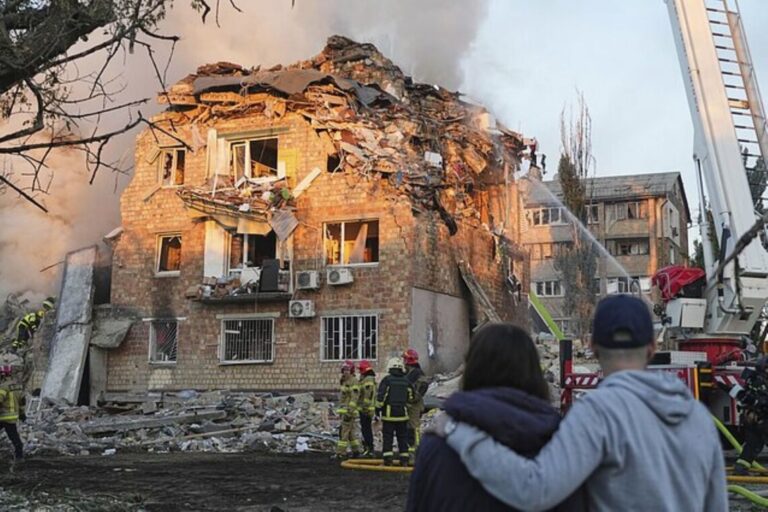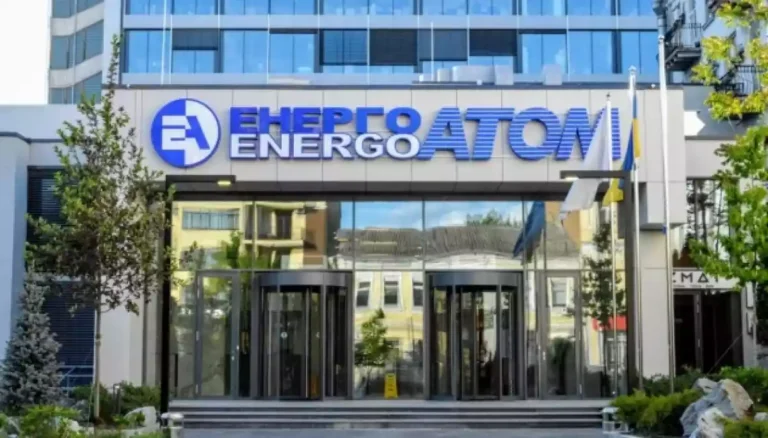
Ukraine’s Housing Market in 2025: Why Prices Are Flat but Rents Keep Rising
The market isn’t falling but it’s not growing either.
That’s the current state of Ukraine’s residential property sector in 2025. Property listings suggest that prices are rising. But actual deals? They’re stagnant. In cities like Kyiv, Lviv, and Kharkiv, real transaction prices have either plateaued or decreased. At the same time, rents are climbing fast.
These trends are outlined in the June 2025 Financial Stability Report by the National Bank of Ukraine (NBU), which confirms what many buyers and sellers already sense: the housing market is stuck between logic and caution.
Why Aren’t Prices Rising?
Given economic indicators relative currency strength, cooling construction costs, stable demand prices should be moving upward. But they’re not. And there are clear reasons why:
1. Security uncertainty
Even in relatively calm cities, the psychological impact of ongoing war remains strong. Buying a home is a long-term commitment, and long-term certainty is something many Ukrainians don’t currently feel.
2. Exchange rate effect
Because Ukrainian property prices are usually listed in U.S. dollars, the strengthening of the hryvnia has suppressed price growth in local currency terms. This helps maintain stability, even when material and labor costs are high.
3. Slower construction cost growth
During 2022–2023, rising construction costs fueled price increases across the board. That pressure has eased in 2025. As a result, new and secondary market prices are holding steady.
Buyers Are Waiting Renters Are Moving
While homebuyers hesitate, renters act. Demand for long-term rental housing is growing, especially in Kyiv. Rental prices have risen sharply since early 2025.
The NBU explains it this way: “The desire for comfortable housing is not always backed by the ability or willingness to purchase it.” As a result, people rent. And rental rates rise accordingly.
Why Rents Keep Climbing
- Urban return migration
Many internally displaced persons (IDPs) and remote workers are returning to Kyiv, Lviv, and Kharkiv but not ready to buy yet. - Lack of new housing supply
New development projects remain limited. Developers are cautious, and many construction sites are still frozen. With fewer units entering the market, demand outpaces supply and prices rise. - Better investment logic
According to NBU data, the price-to-rent ratio in Kyiv has dropped to around 9×, well below the long-term average and even lower than pre-war levels. This means apartments are becoming more attractive for landlords and less affordable for tenants.
What About New Construction?
Even in regions with traditionally strong demand Lviv, Ivano-Frankivsk, Ternopil – prices for new builds have stopped growing. Developers are hesitant to launch new projects. Those that do go forward often compete heavily on price.
Though the growth in construction costs has slowed, trust in off-plan development remains limited, especially for buyers without financial guarantees.
Price-to-Income Ratios: The Lowest on Record
The NBU notes that the ratio of home price to household income is at historical lows. In other words, housing is technically more affordable than it’s been in years. But affordability on paper doesn’t equal action.
People can afford to buy but they don’t. Because what they can’t afford is uncertainty.
Mortgages Exist but Don’t Drive the Market
Ukraine’s government-backed mortgage program (“єОселя”) has made headlines. But its actual impact is limited. Only 2–3% of home purchases involve mortgages, except in Kyiv region (around 10%).
Why so low? Complex paperwork, eligibility restrictions, and the same issue: who wants to take on long-term debt during wartime?
Regional Breakdown: Who’s Buying, Who’s Waiting?
- Kyiv, Lviv: Modest price declines, strong demand for rentals
- Kharkiv: Home prices fell 10–11% over the past year
- Western Ukraine: New-build prices steady around $730/m² up slightly in dollars, flat in hryvnias
- South and East: Minimal market activity, weak demand
Is Now a Good Time to Buy?
From a purely financial perspective – yes. Prices are stable, rents are rising, and the price-to-rent ratio favors ownership.
But from a psychological standpoint – no. Until people feel secure in their future, many will continue to rent, wait, or leave the market altogether.
This isn’t just about economics. It’s about trust in the country, in stability, in tomorrow.
- Ukraine’s housing market is not in crisis it’s in pause.
- Rents are rising fast, making ownership attractive on paper.
- Buyers remain cautious, despite affordability.
- Mortgages are available, but underused.
- Developers are restrained, and new supply is limited.
In 2025, real estate in Ukraine follows different rules not economic logic, but emotional reality. Numbers say “buy.” But people say “wait.”














